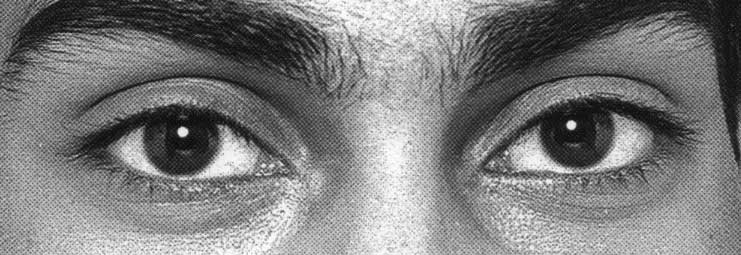
What do you need to know about your course?
Aims - Objectives
- Programme of Studies (diagram)-
Teaching and Learning Strategies
- Course Monitoring
Following general aims expressed by the University Standard Postgraduate Academic Regulations, the course aims to develop students’ intellectual and imaginative powers; their understanding and judgment; their problem solving skills; their ability to communicate and to stimulate an enquiring, analytical and creative approach, while encouraging independent judgment and critical self awareness.
Modules are designed to produce an appropriate balance between skill-based learning, theoretical understanding and experiential learning. A vital feature of the programme is the balance between specialist knowledge of an arena of practice and a broad understanding of social contexts within which the visual arts operate and an understanding of the ways in which they interrelate.
The course is designed to include a number of complementary and mutually supportive modules to equip the student for work in their chosen contexts. The overall programme comprises:
- Three Core Modules aim to develop appropriate business skills, knowledge of information technology and an understanding of approaches and methodologies.
- A choice of one Specialist Module constructed to address issues, debates and extend subject knowledge. (Art in the Public Realm, Art and Health, Models and Methods in Curating, Writing and Criticism)
- A shared Case Studies Module is offered which examines live projects or practices which have developed strategies for engagement with the visual arts outside of the parameters set by the ‘art-world.’ This module aims to give an overview of the complexity of the visual arts in the social context and to develop the students knowledge in breadth as well as depth.
- A Dissertation Module which allows the student to engage in action research in a particular social context for the production and consumption of the visual arts. The content and methodologies are planned in a learning contract. (see Appendix)
- The Negotiable Module can substitute for a Specialist Module and aims to cater either for students whose interest falls outside of the framework of the named modules, but still falls within the overall remit of the course. As with the dissertation, a programme of study is organised through a learning contract.
Objectives:
-
The overall objective is for students to become experienced as facilitators, interpreters, or intermediaries who can either guide, support, advise and assist in making the visual arts accessible to a variety of people.
-
In completion of the MA, students will have gained an understanding of relevant theoretical issues and debates in a wide range of cultural settings and integrated them into their practice as facilitators, interpreters or intermediaries.
-
Students completing the MA will have acquired supporting business and ICT skills appropriate for standard presentation and organisational tasks in addition to competency in word processing, standard visual software packages and in operating electronic learning contracts.
-
To qualify for the award of MA (180 credits) students will have gathered substantial experience and carried out action research in a chosen context of visual arts production or consumption.
-
Students exiting with the award PgCert (60 credits) or PgDip (120 credits) can choose freely from the overall menu of modules in order to make up the correct number of credits and the objectives will be those specified in the relevant module profiles.
How do students participate in course monitoring?
Students are responsible for the organization of Student-Staff
Forums which meet once a term to discuss the day to day running of the
course. Membership is open to all students and staff on the course, except
that there should not be more staff than students at the meeting. The
chair is a student elected by students. Agendas and minutes are a matter
for the students with assistance if needed from appropriate staff. (University
advice on Student-Staff Forums)
Home - Index